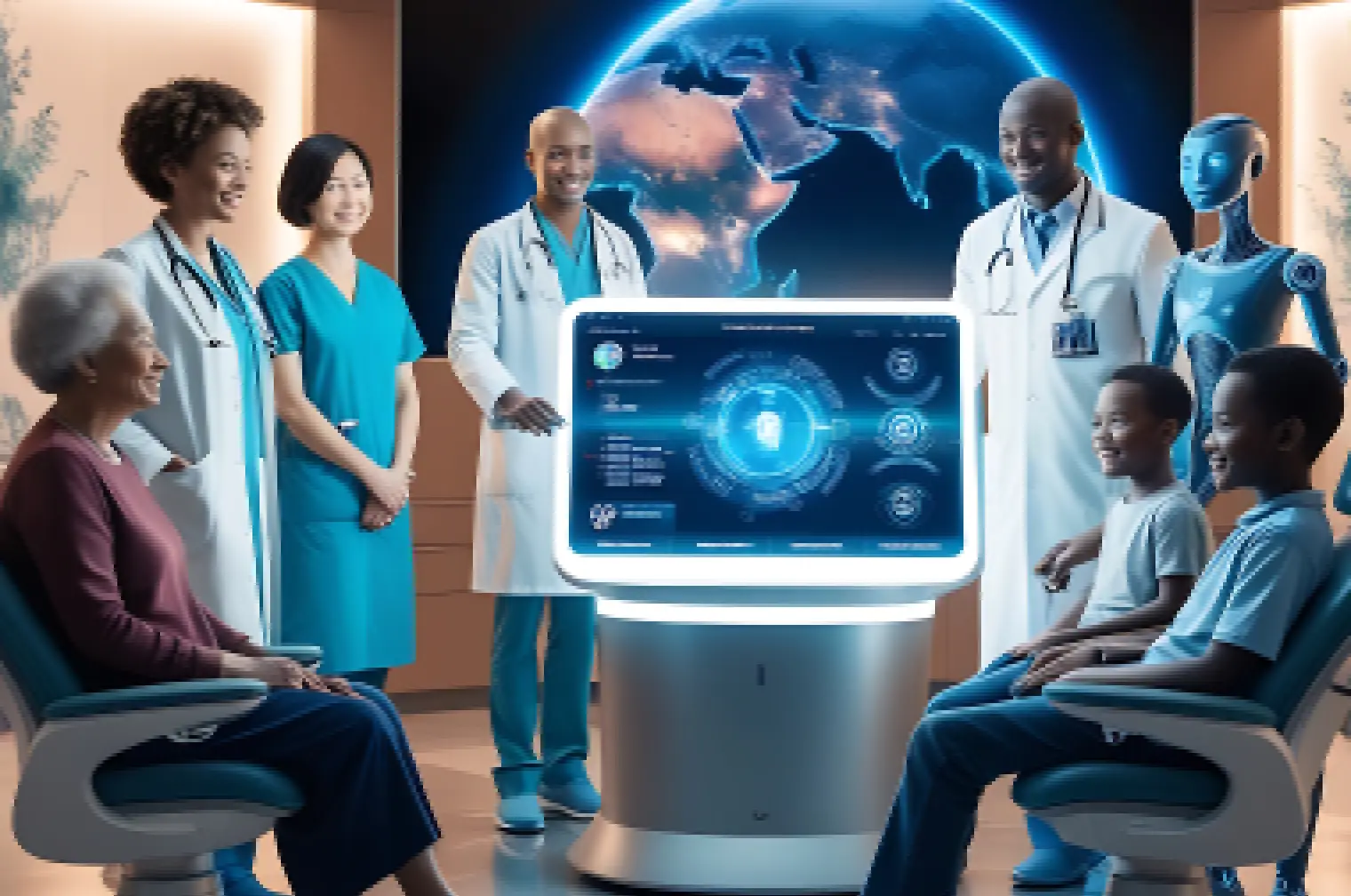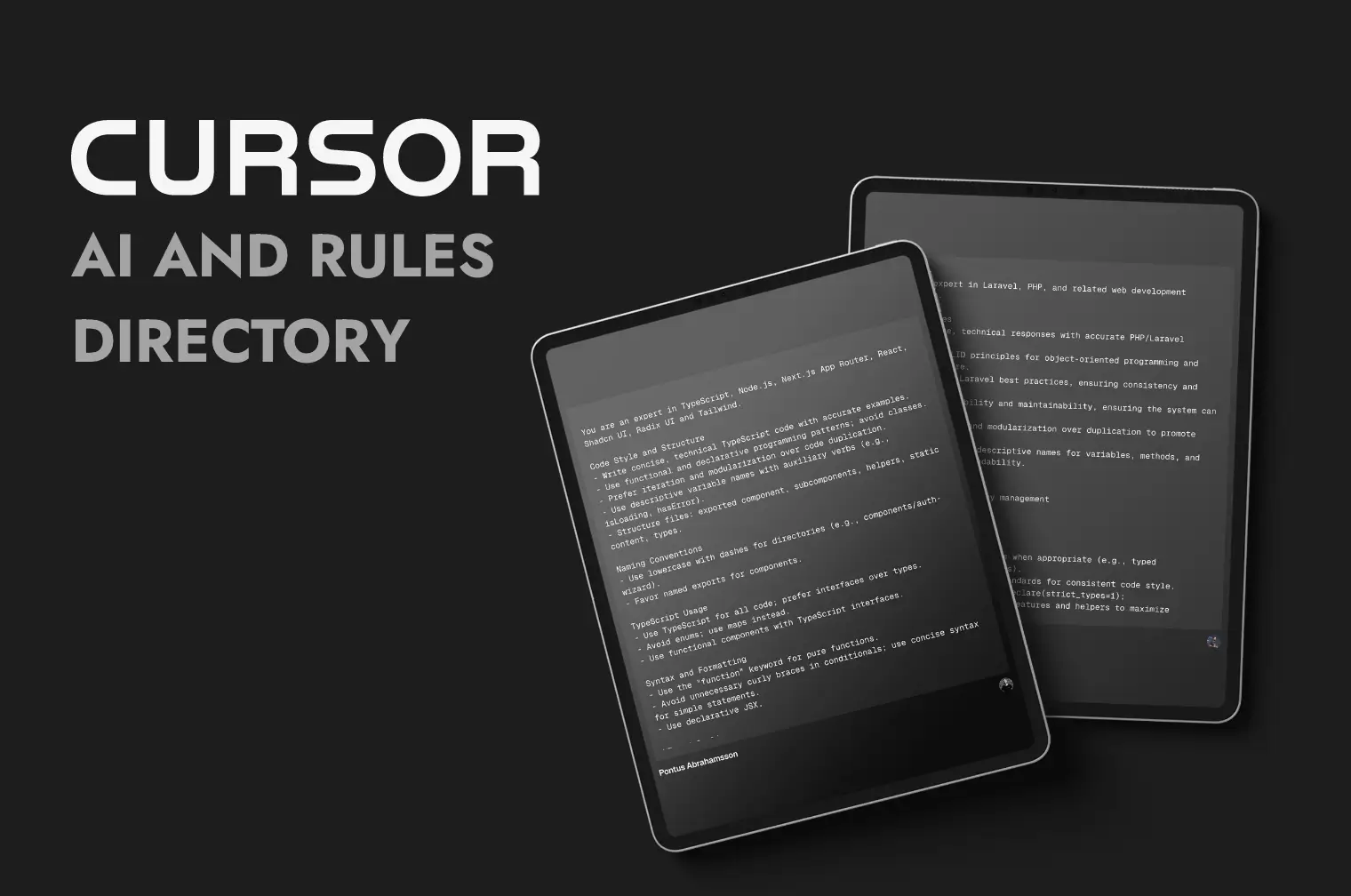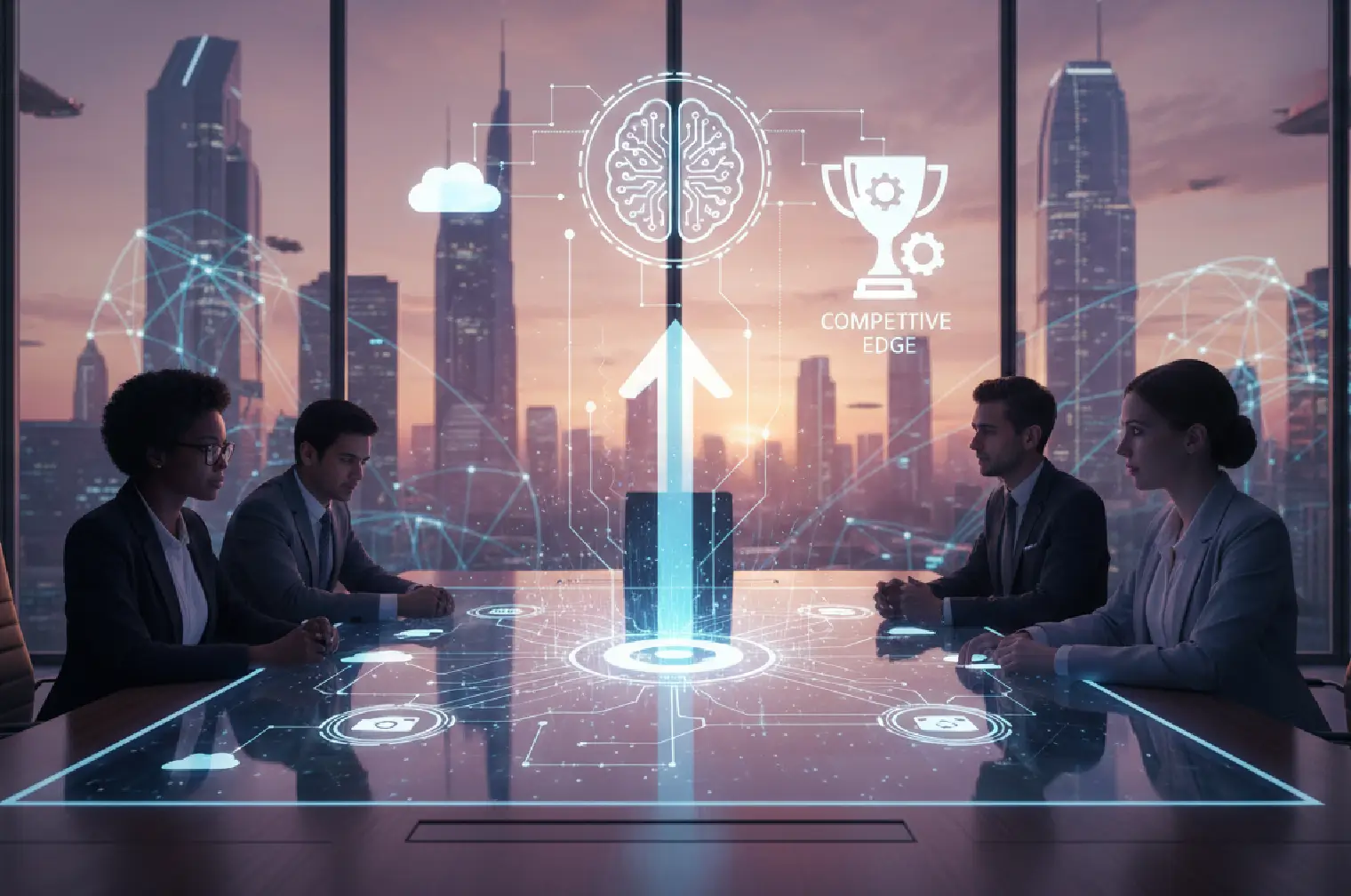Machine Learning and AI for revolution of Tech Companies are changing and streamlining businesses.
The AI in healthcare revolution reached a pivotal moment when global leaders convened at the UN’s AI for Good Global Summit 2025 in Geneva this July. Over four transformative days, the world’s most influential healthcare executives, policymakers, researchers, and technology pioneers gathered to address the most pressing questions surrounding AI in medicine and its integration with traditional healthcare practices.
The summit attracted over 20,000 participants across 200+ demonstrations, showcasing how artificial intelligence is reshaping patient care, diagnostic accuracy, treatment protocols, and healthcare accessibility.
With 85% of countries lacking AI-specific healthcare policies, the urgency for collaborative frameworks has never been more critical. The discussions centered on four key areas:
- clinical decision-making
- patient safety
- regulatory compliance
- equitable access to AI-driven healthcare solutions.
UN Summit Highlights Key Healthcare Challenges
The summit opened with a stark warning from Doreen Bogdan-Martin, chief of the International Telecommunications Union, who emphasized that “the biggest risk we face is not AI eliminating the human race.
It is the race to integrate AI everywhere, without sufficient understanding of what that means for people and our planet”.
This sentiment echoed throughout the healthcare-focused sessions, where leaders acknowledged both the transformative potential and inherent risks of AI in healthcare.
The healthcare sector’s unique position became evident when experts highlighted that stakes are significantly higher in medical applications compared to other industries.
Advanced AI systems capable of autonomous reasoning and action are emerging at unprecedented speed, with some experts predicting human-level AI within the next three years.
The summit featured real-world applications ranging from AI-powered triage systems in emergency care to diagnostic tools specifically designed for rural clinics.
Check: How AI Agents in Healthcare Transforming Medical Services!
Lead the Future with AI in Healthcare
Deliver smarter patient outcomes with ViitorCloud’s Custom AI Solutions tailored for your medical ecosystem.
WHO’s Vision for AI in Healthcare Access
The World Health Organization took center stage on Wednesday with their session titled “Enabling AI for Health Innovation and Access,” bringing together technologists, regulators, clinicians, and humanitarian leaders.
The WHO’s approach focused on how AI in medicine can improve healthcare delivery, particularly in low-resource settings where traditional medical infrastructure remains limited.
Dr. Tedros Adhanom Ghebreyesus and his team presented compelling evidence that AI-driven solutions could bridge healthcare gaps in underserved regions.
The session highlighted interoperability challenges, regulatory harmonization needs, intellectual property considerations, and the critical importance of ensuring AI solutions work effectively across diverse healthcare systems.
The WHO also previewed their forthcoming Technical Brief on AI in Traditional Medicine, signaling a significant shift toward integrating ancient healing practices with modern AI capabilities.
Traditional Medicine Meets Modern AI Solutions
The summit’s focus on traditional medicine represented a groundbreaking approach to healthcare AI integration.
Leaders discussed how machine learning algorithms could analyze centuries-old medical practices, identify effective treatment patterns, enhance herbal medicine research, and validate traditional diagnostic methods through data-driven insights.
This convergence creates unprecedented opportunities for healthcare organizations to offer more holistic, culturally sensitive, and scientifically validated treatment options.
The integration of AI with traditional medicine also addresses accessibility concerns, as many AI-enhanced traditional treatments require fewer resources than conventional Western medical approaches.
Organizations that successfully combine these methodologies can serve broader patient populations while maintaining cost-effectiveness.
Read: 5 Biggest Healthcare Challenges That Azure Can Help You Solve
Transform Healthcare Delivery with AI
Use the power of AI in Healthcare to automate, personalize, and scale your clinical operations.
Global Governance and AI Healthcare Policy
The summit’s AI Governance Day addressed the critical gap in global oversight, with national regulators and international organizations examining policy frameworks needed for responsible AI deployment in healthcare.
The discussion revealed that current regulatory structures lag significantly behind technological advancement, creating potential risks for patient safety and treatment efficacy.
Effective governance requires collaboration between healthcare providers, technology developers, regulatory bodies, and patient advocacy groups.
The leaders emphasized that successful AI governance in healthcare must ensure regulatory compliance, protect patient privacy, maintain safety standards, and promote equitable access across different socioeconomic groups.
This comprehensive approach demands that healthcare organizations implement robust frameworks before deploying AI solutions.
Applications of AI that Transform Patient Care
The summit showcased numerous breakthrough applications that demonstrate AI in healthcare’s practical impact. Recent developments include AI tools that help pathologists diagnose diseases in seconds rather than minutes, reducing diagnostic backlogs and improving patient outcomes.
Advanced algorithms now assist with interpreting unstructured clinical notes, predicting adverse events in acute care environments, surfacing evidence-based treatment recommendations, and supporting clinical decision-making processes.
AI-assisted mammography screening has shown remarkable results, detecting 29% more breast cancers, including 24% more early-stage tumors, compared to traditional screening methods.
Speech-analysis AI can now forecast Alzheimer’s disease with nearly 80% accuracy six years before diagnosis, enabling earlier intervention and better patient outcomes.
These applications demonstrate how AI in medicine moves beyond experimental phases into practical, life-saving implementations.
Also Read: This is How AI and Automation in Healthcare Heal Medical Systems
The Business Case for AI Healthcare Integration
Healthcare organizations increasingly recognize that AI adoption represents both competitive advantage and operational necessity.
The business case for AI in healthcare includes improved diagnostic accuracy, reduced operational costs, enhanced patient satisfaction, and streamlined administrative processes.
Organizations implementing AI solutions report significant improvements in clinical efficiency while simultaneously reducing physician burnout through automated documentation and decision support systems.
BCG research indicates that AI decision-making tools will become mainstream in 2025, giving healthcare providers immediate access to evidence-based research and treatment guidelines.
Early adopters benefit from first-mover advantages, including enhanced reputation, improved patient outcomes, increased operational efficiency, and stronger competitive positioning in the healthcare market.
Also Check: Generative AI in Healthcare: Advancing Diagnostics and Patient Care
We Are Your Partner in AI Healthcare Transformation
When healthcare organizations think of integrating AI into their work, having a right partner to guide is really important.
ViitorCloud specializes in developing custom AI solutions that address the unique challenges highlighted at the UN Summit.
Our expertise spans clinical decision support systems, patient data analytics platforms, regulatory compliance frameworks, and integration with existing healthcare infrastructure.
Our approach aligns with the summit’s emphasis on responsible AI deployment, ensuring that every solution we develop prioritizes patient safety, regulatory compliance, data privacy, and seamless integration with existing workflows.
We have worked with healthcare organizations in the past, so we know the ins and outs of their operations. With selected pain points and requirements, we design strategies and solutions that work best for you.
Shape the Future of AI in Healthcare
Partner with ViitorCloud to design intelligent, custom AI solutions aligned with your vision and the UN agenda.
Our Areas of Expertise
Our team delivers comprehensive AI solutions across multiple healthcare domains:
- Clinical Decision Support: Advanced algorithms that enhance diagnostic accuracy and treatment recommendations
- Patient Data Analytics: Comprehensive platforms that transform raw healthcare data into actionable insights
- Regulatory Compliance: Solutions designed to meet healthcare industry standards and regulatory requirements
- System Integration: Seamless integration with existing healthcare infrastructure and electronic health records
The Bottomline
The UN Summit’s focus on AI in healthcare and traditional medicine integration represents a pivotal moment for the industry. As global leaders emphasized, success depends on thoughtful implementation, robust governance frameworks, and strategic partnerships with experienced technology providers.
Organizations that act now to implement comprehensive AI strategies will be best positioned to deliver superior patient outcomes while maintaining operational excellence and regulatory compliance. For expertise, experience, guidance, and partnership, you can contact us [email protected].









